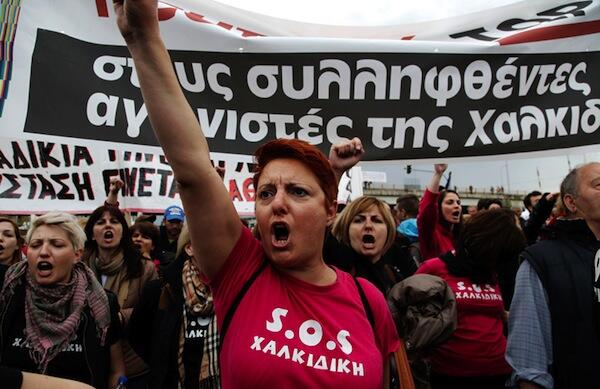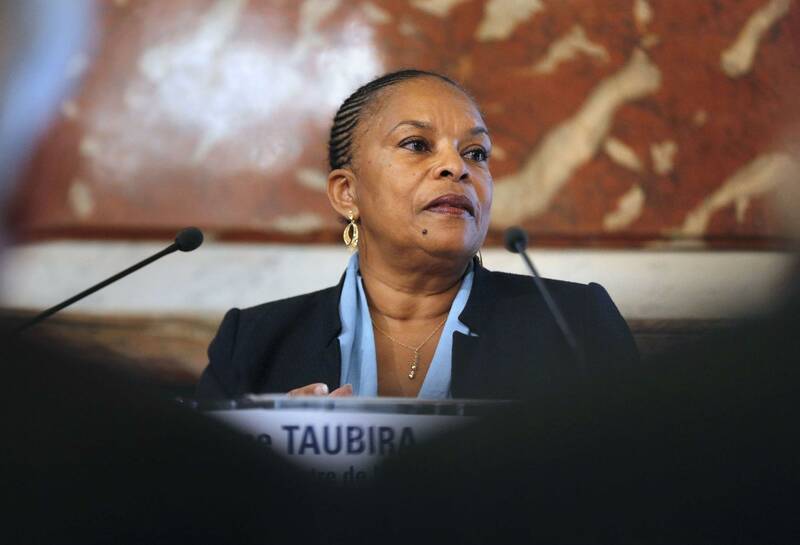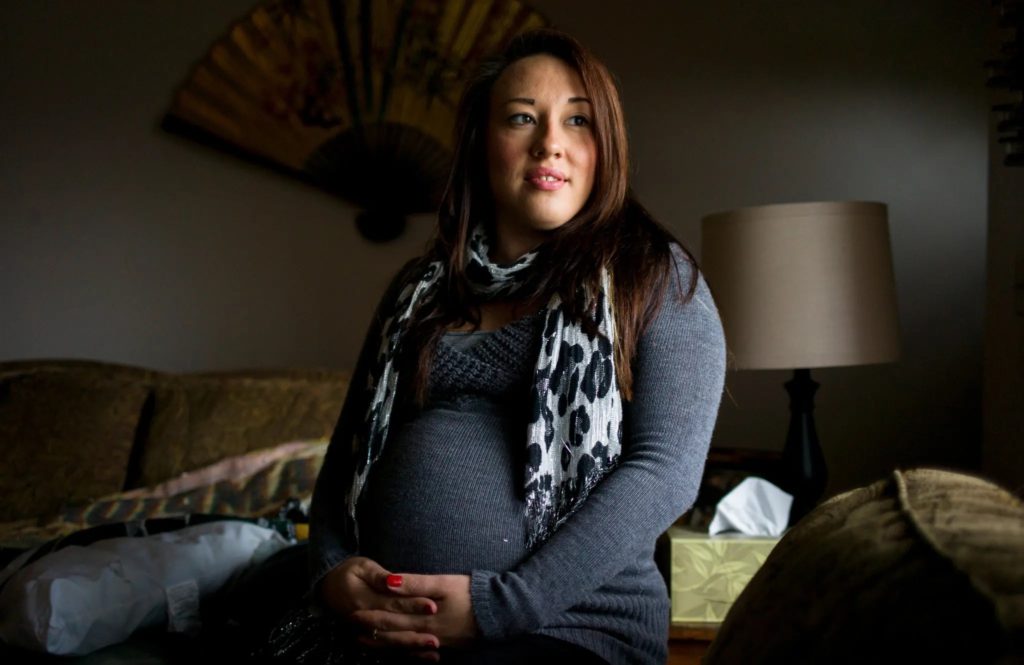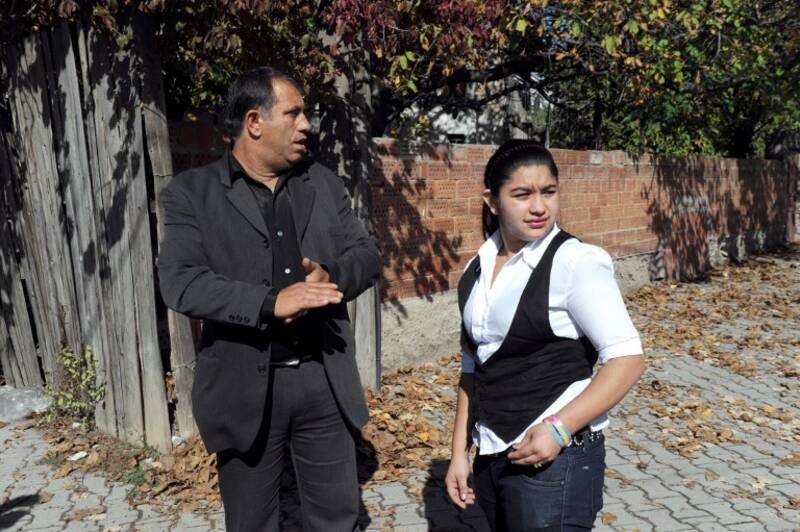
“It has become impossible to give birth in public hospitals,” Sofia Tzitzikou told me in a recent phone interview. She has been organizing and running community clinics in Athens since the 2010 financial coup against the Greece. She also recently appeared in the documentary, The Canaries in the Coal Mine.
Until recently in Greece, women in labor did not have to worry about safe deliveries, thanks to an efficient public health care system. Since 2010 the steamroller of structural reforms directed by the Troika of financiers – the European Central Bank (ECB) the European Union, and the IMF – has dismantled that public system. The financial attack on Greece has produced a deadly correlation of high unemployment rate and elimination of the social safety net. Women, children and elderly people have been hit this hardest. The Troika demanded cuts and then more cuts of public services in exchange for loans supposed to restore the solvency of the country. Consequently, Sofia explains, the cost of health care represents now only 1.5% of the national budget, and the `hope’ is that it will go as low as 1% while the military budget has been increased.
Recently, Jeroen Disselbloem, President of the Eurogroup, said he hopes to have completed the current examination of the economic adjustment program of the country very soon. In the 1980s, structural adjustments programs became the only formula for development. Now, it’s `economic adjustment.’ Whatever the name, these plans have destabilized emerging countries, and crushed unions and public health care systems with dire consequences for women and reproductive and health rights.
The Eurogroup, in its pursuit of `economic growth’, is blind to the suffering of the Greek population. As Sofia noted, “This means violently taking over the right to health, to life, as children are not vaccinated because their parents have lost their jobs;” the unemployment rate is currently close to 40%.
According to Sofia, the State now covers the fees for home delivery but not for maternity hospital care. Strong protests have forced public hospitals to reopen their doors to women in labor. The bill will be sent to the tax system. Thus, women who are already extremely vulnerable incur a new level of debt just for giving birth. For Maurizzio Lazzarato, “Debt constitutes the most deterritorialized and the most general power relation through which the neoliberal power bloc institutes its class struggle…” I would add gender struggle as well.
Since the ransack of Greek society by globalized financial power, the wages of those still employed has dropped 40%. Sofia tells me women are paid in kind in places such as supermarkets. Giving birth without health care coverage costs 600 Euros for a regular delivery and 1300 Euros for a C-section. In addition, explains Sofia, “Abortion rates have increased. Do women really choose? Now we count three abortions for one birth … Childbirth is not a business, every one has the right to have or not have children.”
As we were talking on the phone, Sofia was interrupted several times to answer demands for medications no longer available in public hospitals: “Can you imagine, we as community clinics are asked to supply medications for public hospitals.” She has seen people abandon treatments because they cannot afford them. The suicide rate has been multiplied by four in three years.
Inequality is visibly on the rise, and for the first time, she says, we have deaths that were totally preventable. Women, again, are the most vulnerable. Sofia comments, “The State does not exist anymore. We are a country in regressive development.” The Troika is pushing for the privatization of education and health care. These privatizations produce more inequality. Additionally, there is little accountability in privately run services based on market logic. Sofia strongly opposes this dismantling of the State. She demands the government to be accountable for its decisions.
As vice president of UNICEF for Greece, Sofia was invited to the recent annual convention of the European Platform Against Poverty and Social Exclusion. Although Sofia recognized that the convention broached important issues, she also noticed the presence of George Soros, one of the architects of the attack against Greece. He was the keynote speaker on “Roma and marginalized populations.” We both commented on his philanthropist high profile that allows him to be both arsonist and firefighter simultaneously.
Conference panels expressed the obligation of member States not to allow austerity over health services, and that the protection of children was central to this year’s platform.
In a workshop entitled “Ensuring adequate access to health care in times of austerity,” a Greek consultant to the Minister of Health in Greece gave the State line. On the panel, Sofia responded that his presentation in no way reflected the reality neither on the ground nor in the data. She explained the realities of poverty in Greece. She introduced the UNICEF and Athens’ University report “The State of Children in Greece 2013” released in May 2013. In Greece, 600 000 children live below the poverty line; 322 000 suffer nutritional deficiency. She pointed out the statistical data on social community clinics. She emphasized that it’s not enough to talk about generalities and that the State was absent.
The panelist angrily tried to belittle her, saying that she approached this question from an emotional perspective.
Sofia retorted: “I take that as a compliment when we persistently fight for the rights of people.”







